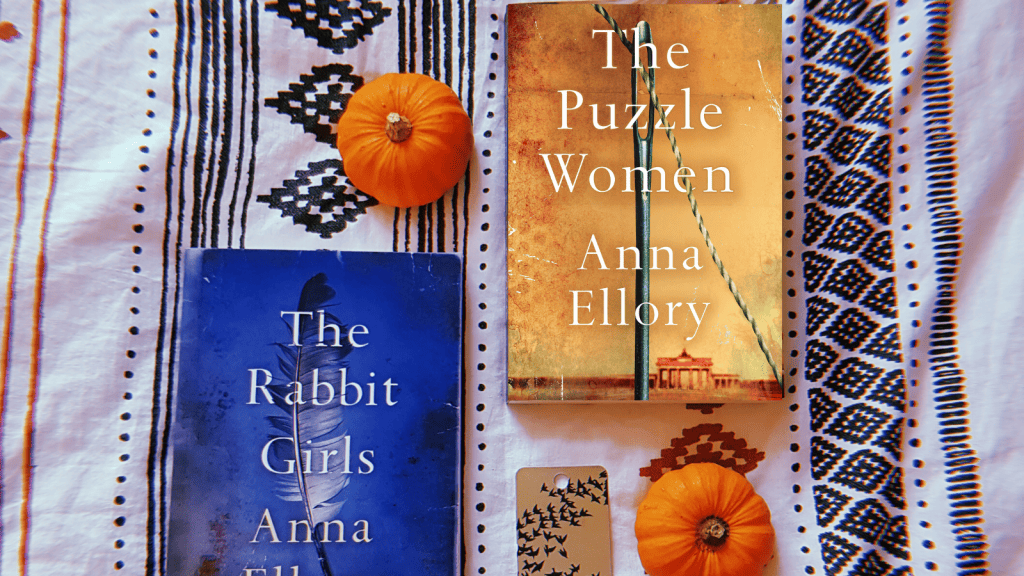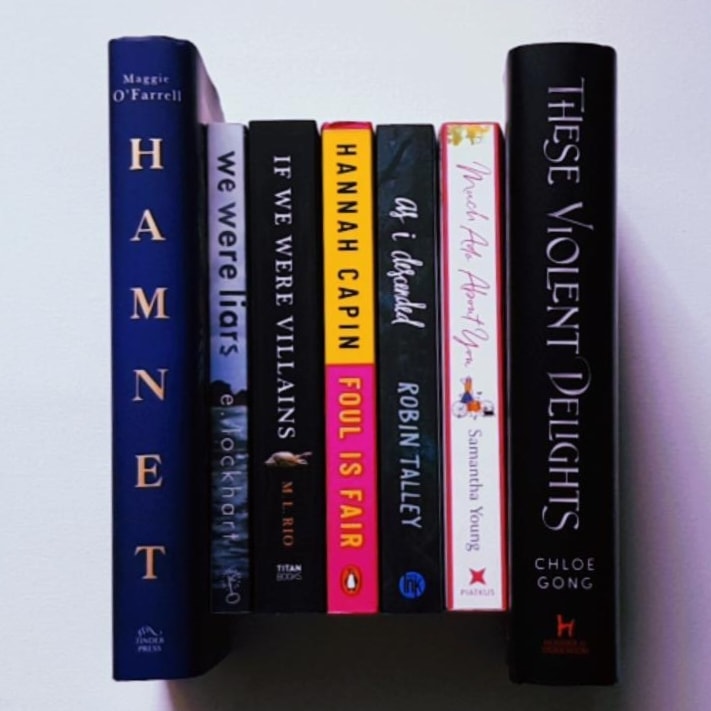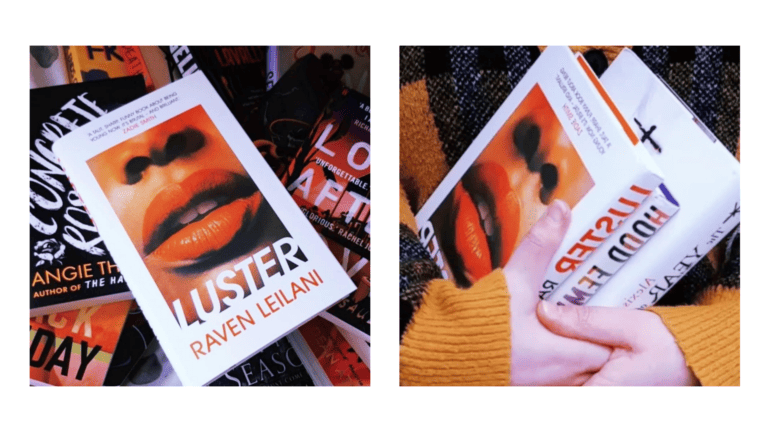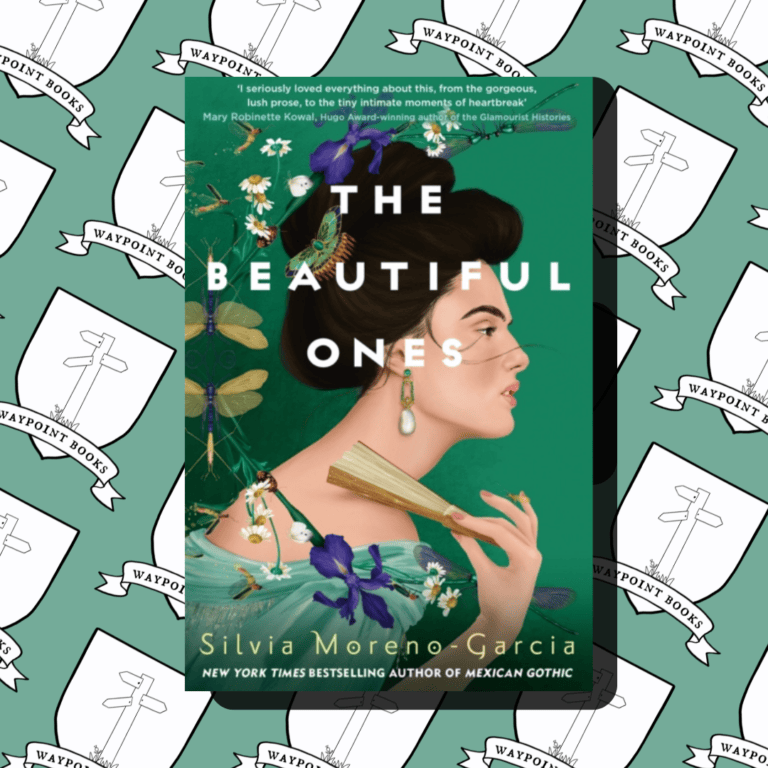The Puzzle Women, by Anna Ellory
The Puzzle Women: before we begin…
Anna Ellory and I attended the same Creative Writing course at Bath Spa University, and I was lucky enough to see some very early drafts of this MSS shortly after she’d sold The Rabbit Girls. I am totally honoured to read and review her book, but if it sounds like I’m totally in love with Ellory and her work – I am. This is the second time I will be openly reviewing Anna Ellory’s poignant historical fiction. The Rabbit Girls, her debut novel, was a bestselling novel about love and betrayal in a time of war. It made me cry, and I’ve no doubt this novel will do the same. The Puzzle Women is about ‘truth, freedom, and the unbreakable bond of a mother’s love.’
The Synopsis:
Berlin, 1989. Siblings Rune and Lotte are awakened by Mama and told to follow her quietly into the night. Last time they snuck away from Papa, they were back within the week. But this time they are starting a new life, Mama says – where nobody can hurt them again. Ten years later, the memories of their escape are blurry; Mama is long gone and the siblings are back at Papa’s house. But when they receive a mysterious notebook from Mama, Papa tears it apart. Could there be more to their past than they’ve been led to believe? Can they learn the full, brutal truth in Mama’s own words at last?
Trigger Warnings:
Domestic Abuse, Police Brutality and Threat.
‘To exist in the hope of newly fallen snow… for it to be both fleeting and everlasting; to be both feather light and solid.’
Anna Ellory, The Puzzle Women
I’ve been hosting a Gothic Fiction themed readathon over on Youtube, and therefore reading a lot of Gothic Fiction recently. So maybe it’s that tinted-lens that’s making me connect the dots in this way, but The Puzzle Women, even on the opening page, SCREAMS Gothic Fiction to me. The luxurious language and descriptions are a rich even as they paint a dark and sinister scene. So, obviously, I’m a big fan. I haven’t seen anyone comment or call this novel Gothic – so like I said, it might be a lens, context and time thing. But with phrases like ‘I should like to feel the safety of words imprinted on my soul,’ and ‘the dark is so porous it is tar, it is suffocation, it is time itself’ – you can see where I’m coming from?
In the opening chapters, we learn just enough about Papa to be frightened of him. He’s abusive, first and foremost, a dark terror of anger and control. He’s homophobic, misogynistic, manipulative, controlling, and a police officer. It’s worth mentioning this contextually, with BLM and SARS Riots ending in Police Brutality, violence and Death, there are very few things more terrifying than a Police Officer who can be violent at the drop of the hat and then be protected by his friends and colleagues. It’s a disgusting reality for many and it hits like a punch to the stomach in this narrative to. Anna Ellory has written several articles on what it’s like to be a victim of Domestic Abuse, and it’s the startling reality and brutal truth of her words that add a layer of poignancy that simply cannot come from pure imagination.
‘Victim-blaming is transference of ownership and official agencies use this to relinquish responsibility and perpetuate fossilised misogyny which leaves women silenced, confused and inevitable managing their abusers alone.’
Anna Ellory, for the Independent.
Papa’s presence is felt in every chapter, as both Lotte and Rune navigate the abusive and domineering household. They are aware of every change, every sound. And it creates for a very intense reading. It’s heart-breaking, and powerful, and it makes me want to cry.
Teenage Rune wants to be an artist. Working as a Janitor, unpaid, with the Police Academy and the life his father has planned for him ahead, his life is dark and desperate. When he fails to get into the Art Institute, he feels as though his one means of escape is slipping from his grasp.
Lotte has Down’s Syndrome, and experiences the world very differently from Rune. It’s unclear if her child-like nature is related to her learning difficulties, or the damaging upbringing. When the letter from her Mama arrives, she has to spell out each letter and is surprised to see her own name. Yet she’s so in-tune with the house and the kitchen, it’s clear that is her comfort zone. (Remember earlier, when I mentioned her father is a misogynist?)
The scene which is described in the synopsis: of Papa tearing up the notebook from Mama is so painfully slow and surreal. You know it’s coming, and yet the quiet atmosphere created by Ellory is loud in your head. You want Lotte to take the notebook before he has to break it – and that’s when you know it’s too late for you, too late for these characters. You’re in this together now.
Final Impressions:
This is a powerful, poignant and (I’m struggling to think of another P-starting and relevant adjective, but you get the idea) – novel. It’s lengthier than The Rabbit Girls, and the pace does slow towards the middle before picking up again. But I am so enamoured with Anna’s writing that I have NO QUALMS recommending and promoting this book to you. Just be prepared to cry, as I did. A lot.





